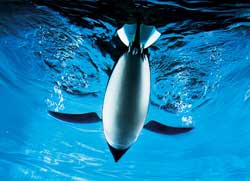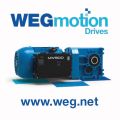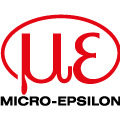
Posted to News on 13th May 2009, 09:48
Festo unveils bionic penguins and BionicTripod
With a view to future industrial applications for autonomous, self-regulating processes, Festo has created two colonies of 'bionic penguins' and a BionicTripod that integrates a gripper with a three-axis positioning system.

Festo's Bionic Learning Network has developed two colonies of 'bionic penguins' that demonstrate collective behaviour. This type of behaviour - which psychologists also call crowd behaviour - refers to social processes that emerge in a spontaneous manner when members of a group interact. In robotic terms, each penguin is an autonomous self-regulating unit that is free to explore its defined environment using complex built-in navigation and communication facilities, and is capable of modifying its behaviour in the presence of others, to fulfil a group purpose.
Festo believes that autonomous, self-regulating processes are likely to become increasingly significant in automated production systems of the future. An example of this technology could be the organisation of highly flexible, autonomous robots within a pull-through production environment.

Festo is releasing two colonies of bionic penguins on the unsuspecting public at the Hannover Messe trade exhibition in Germany. Each colony comprises three individuals. The AquaPenguins (see top photo and link to movie below) are confined to a water tank and use special 3D sonar to swim around and explore their environment without bumping into one another.

Needless to say, the activities of the bionic penguins and the BionicTripod are visually arresting and have been captured on video. To watch the action, follow these links:
Each of these web pages also offers a brochure that can be downloaded in PDF format.






























